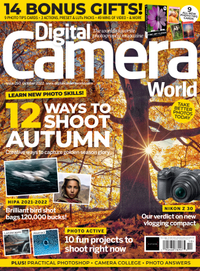Remembering Bears launches today – buy your copy now!
We catch up with Remembering Wildlife founder Margot Raggett ahead of the launch event in London
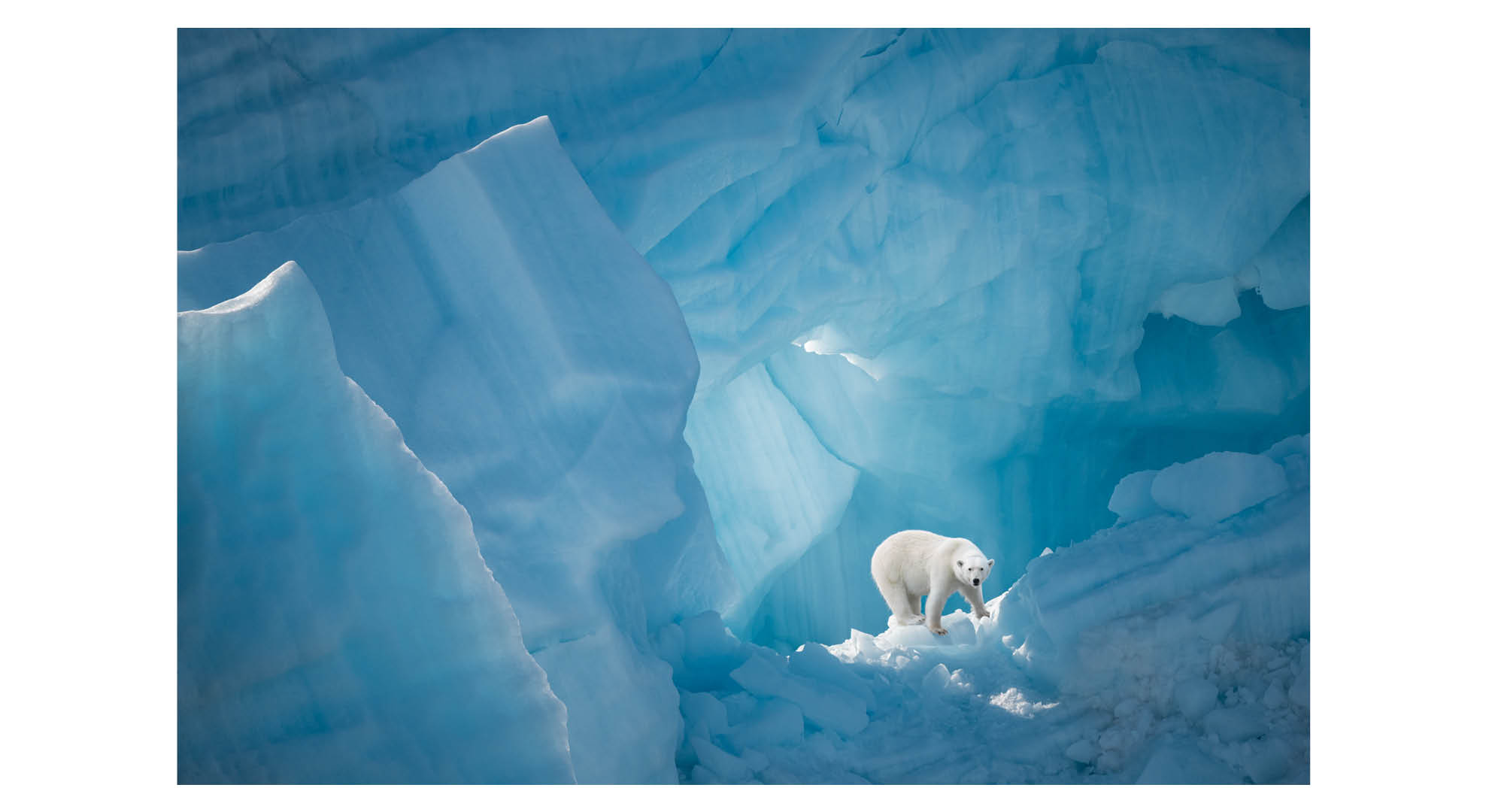
The seventh book in the Remembering Wildlife conservation series officially launches tonight, at the Royal Geographical Society in London.
Nature photographer Thomas D Mangelsen and wildlife cameraman and BBC TV presenter Gordon Buchanan MBE are keynote speakers, and at least 15 photographers and contributors are expected to attend and sign copies of the book.
Tickets to attend the event in person, or virtually, are still available (see below); a live stream of the event will be available for those purchasing online tickets, which in addition to coverage of the on-stage speakers, will include a live fireside chat led by Brent Leo-Smith of Painteddog.tv.
Remembering Bears went on sale this week, following a successful Kickstarter campaign early in 2022 (which secured £145,998 pledged against a total goal of £20,000).
The Remembering Wildlife formula is a straightforward one: each year, renowned wildlife photographers donate images of the species being featured in the book; proceeds from the book and sales of the prints that appear in it are then funneled to a variety of conservation projects, determined by RW founder Margot Raggett.
Tickets are now on sale here for the launch event. For full details of the program, which includes a prize draw, silent auction, and a virtual exhibition for print sales, visit the Remembering Bears site.
Ahead of the launch, we caught up with Margot to get an update on the Remembering Wildlife project, what it has achieved to date, and where it goes from here.
Get the Digital Camera World Newsletter
The best camera deals, reviews, product advice, and unmissable photography news, direct to your inbox!
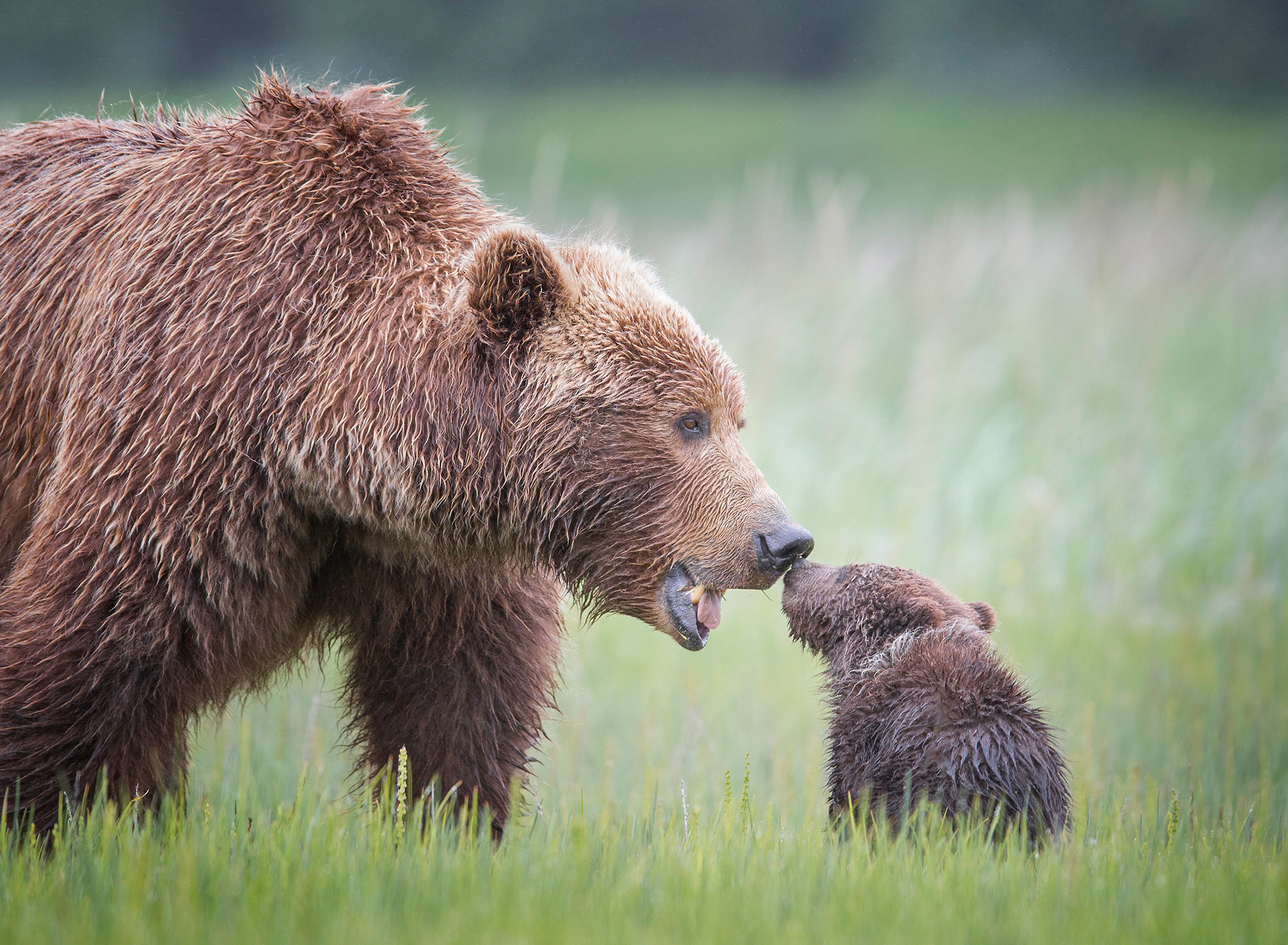
Remembering Wildlife has raised almost £1 million for conservation projects. When you first thought up the initiative, did you ever see it going on to achieve this?
Absolutely not. That first year, in 2016 – when I was working on the first book – I thought that Remembering Elephants would be a one-off. I had no idea about the journey I was about to undertake in terms of my own learning curve and the different types of projects we would be able to support. I’m so proud of the series, and it’s lovely to add a seventh book to the collection. It’s the honor of my life.
With its donations having supported 58 projects in 24 countries, why do you think Remembering Wildlife has been so successful?
I think that people appreciate the accountability and transparency of Remembering Wildlife. People like that their money doesn’t just go into one big pot; they buy a beautiful book full of photographs taken by many of the world’s best wildlife photographers and can see where the money goes and how it is helping to make a difference.
We’re specific about where our funds go and we choose projects I have got to know personally. For example, I have just announced a donation to help fund conservation of African wild dogs through a project I visited in June.
Supporters of the Remembering Wildlife series can see the short line between the people I meet, the work they are doing and how we are able to support that work.
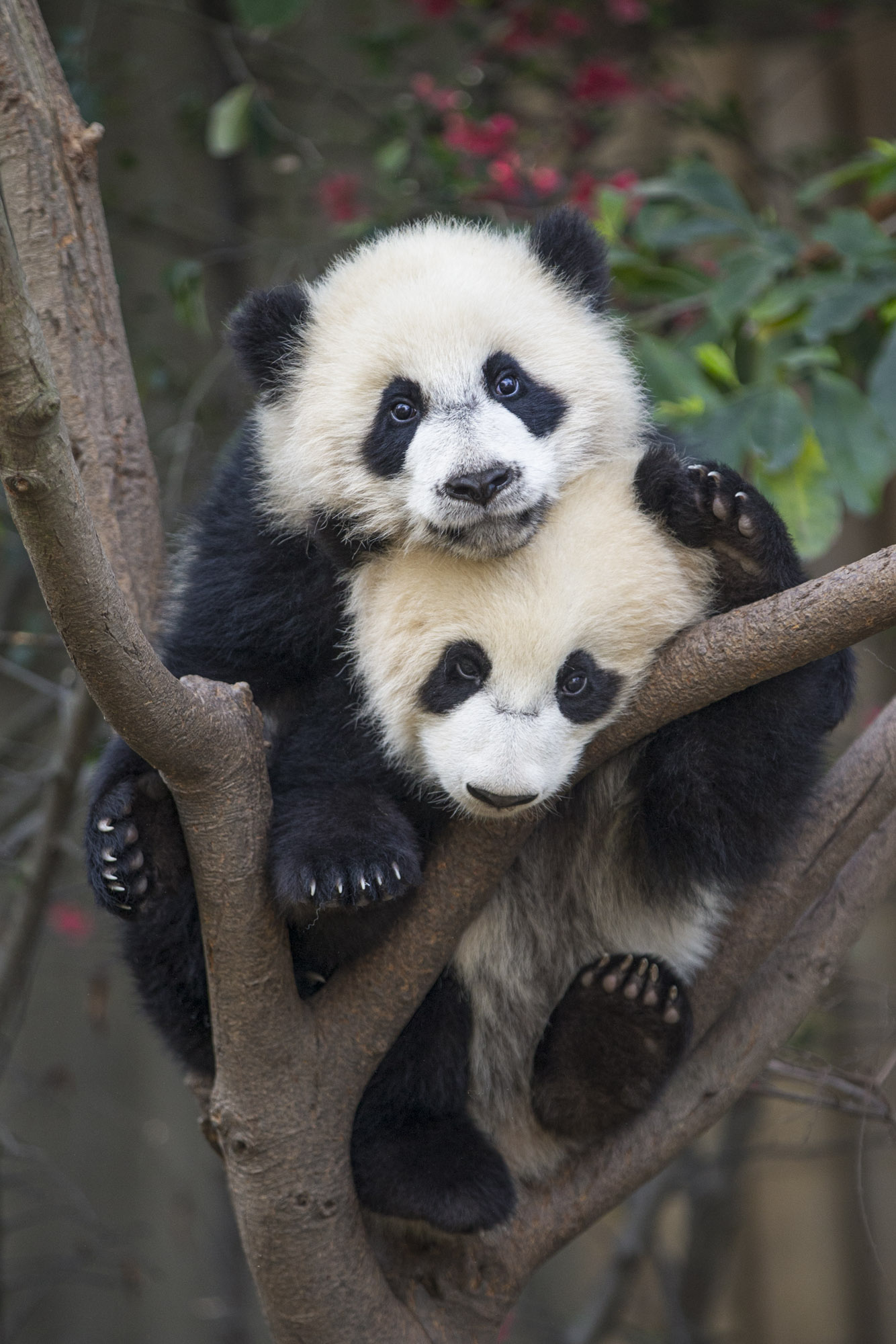
You obviously can’t have any favourites, but have some of the books resonated more than others – and if so, why?
The latest book is always my favourite, simply because I have just invested a year of my life into that species. Therefore, at the moment, Remembering Bears is foremost for me. Having not known much about bears, I’m in awe of them. They’re remarkably resilient, and the fact that the different species are spread over much of the planet – apart from Africa – living among humans in so many different habitats, fascinates me.
Having said that, I do feel a very personal, deep connection with elephants, the subject that started the series with Remembering Elephants. Being in their company makes me very happy, and elephants have a special place in my heart.
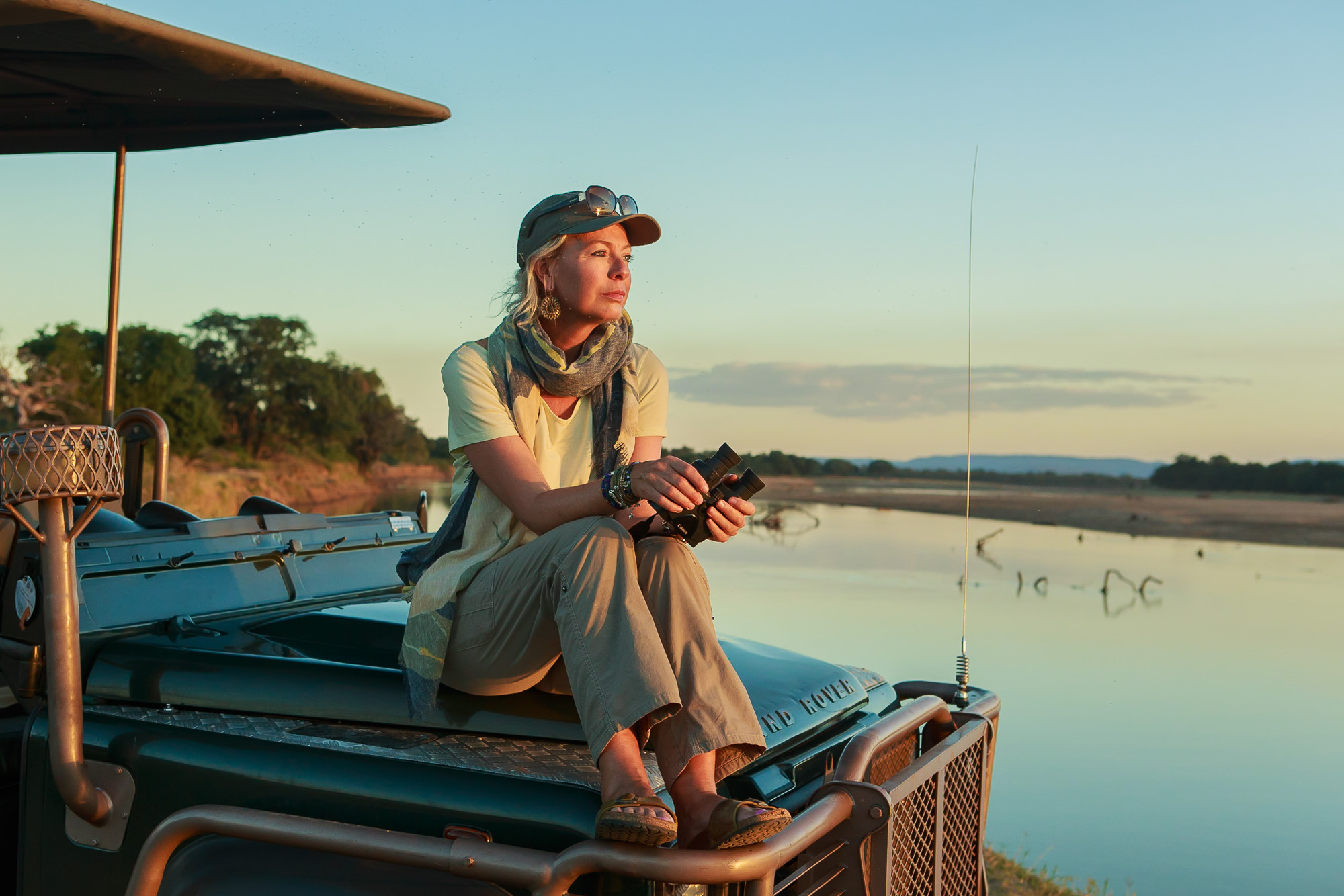
The context of the books are always well set up by their introductions, and the reader always learns something about the precariousness of each species. Would most lay readers know of the challenges facing bears, for example?
I would say that most people don’t know about the challenges facing bears. They’re at risk from climate change, loss of habitat and human-animal conflict, among other threats. There are some remarkable organisations that work to make the lives of bears better. One example is Animals Asia, which campaigns to raise awareness of the bear bile trade and whose CEO, Jill Robinson, wrote the afterword in Remembering Bears.
Most people have no idea what we humans inflict on bears and the challenges they face to survive. Therefore, part of our purpose is to raise awareness of the challenges bears face and to raise funds to protect them. That’s why it’s important that as many people see the books as possible so they can learn how wonderful bears are, what is happening to them and how we can help protect them.
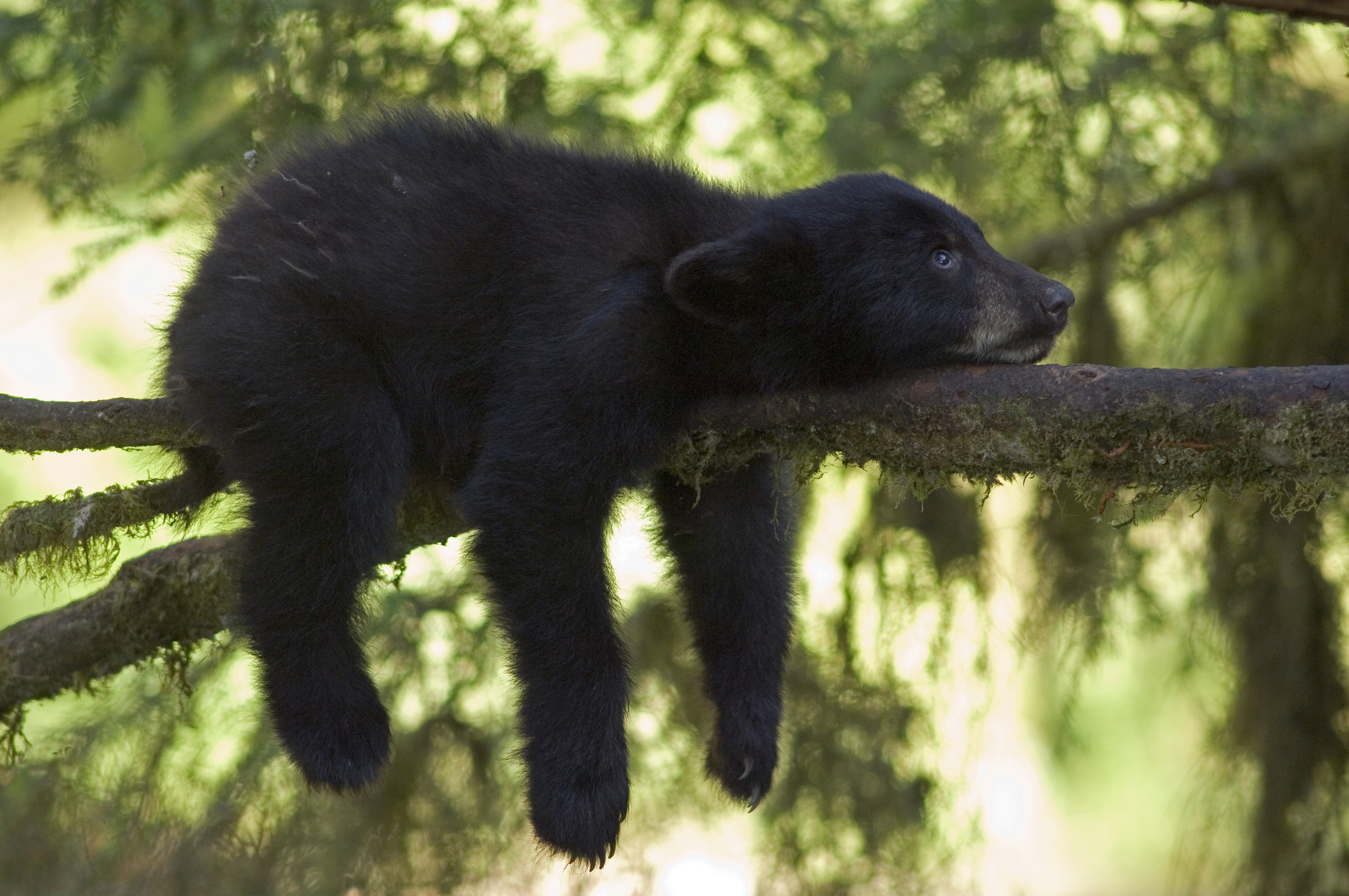
You allude to humankind revering bears for millennia, and given their ubiquity in our culture (from Paddington, teddies and polar bears and so on), what do you think is the enduring appeal of the species?
I think there is a very primal appeal about bears. They form part of our everyday language – we talk about bear hugs, for example.
Teddy bears have been around for generations – children around the world have had a teddy bear as a child as a symbol of comfort, friendship and strength.
Storybooks paint bears as enduring, lovable creatures with a spirit of adventure and with some human characteristics, but we also have a deep-rooted respect for their awareness, power and strength.
Which kind of projects will you allocate donations to for Remembering Bears, and do you choose the widest range possible?
There’s always a balancing act when we make donations between spreading our funds too thinly and giving meaningful donations to smaller projects. Animals Asia and the Bornean Sun Bear Conservation Centre are two that are already lined up for support.
Animals Asia, as I mentioned earlier, works to end bear bile farming and runs bear sanctuaries in China and Vietnam. The Bornean Sun Bear Conservation Centre is a wildlife conservation and research centre that aims to raise public awareness about the plight of sun bears and raise awareness about the smallest bear in the world, which is threatened by forest degradation, illegal hunting and poaching.
After that, we will see how much we raise and how many other bear projects we will be able to support.
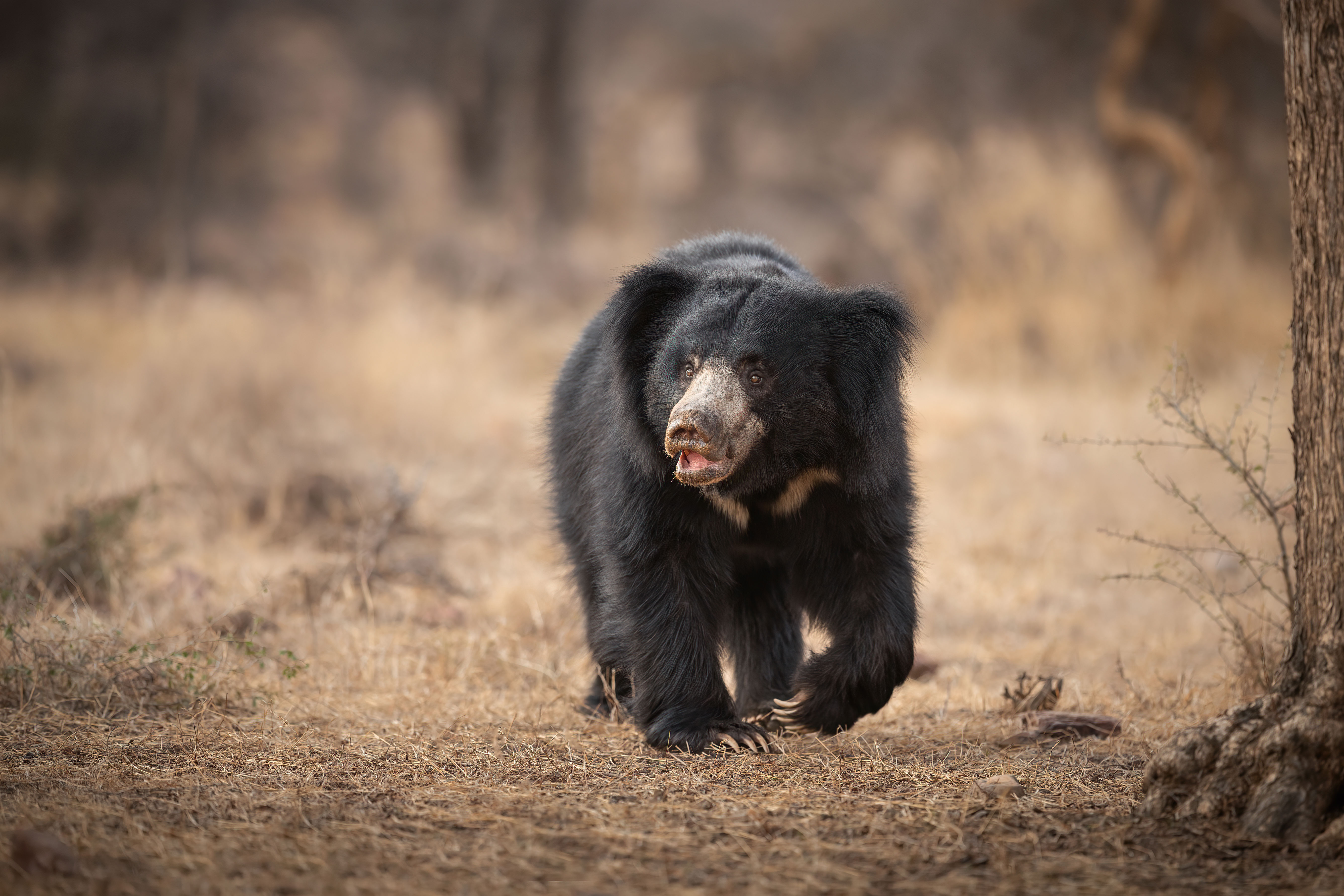
There are some remarkable photographs in the book – the polar bears section will have the readers melting before the pack ice does, and there are seven other species to consider! Do you think this volume will be particularly popular?
I really hope so. I did have some nervousness over this book because until now, our books have all been largely Africa-based and our supporter base clearly has a large affection with Africa. But I felt it was important to reflect the love of bears around the world and I hope the global appeal of bears will extend to the book.
We ask you every year, but can you tell us what’s next for the Remembering Wildlife series?
Ha ha, no! Every year at this point, I just need to focus on doing a good job to launch the latest book. After that, I am finally able to come up for air and think about the year ahead. All I can say is I certainly don’t think we are done yet!
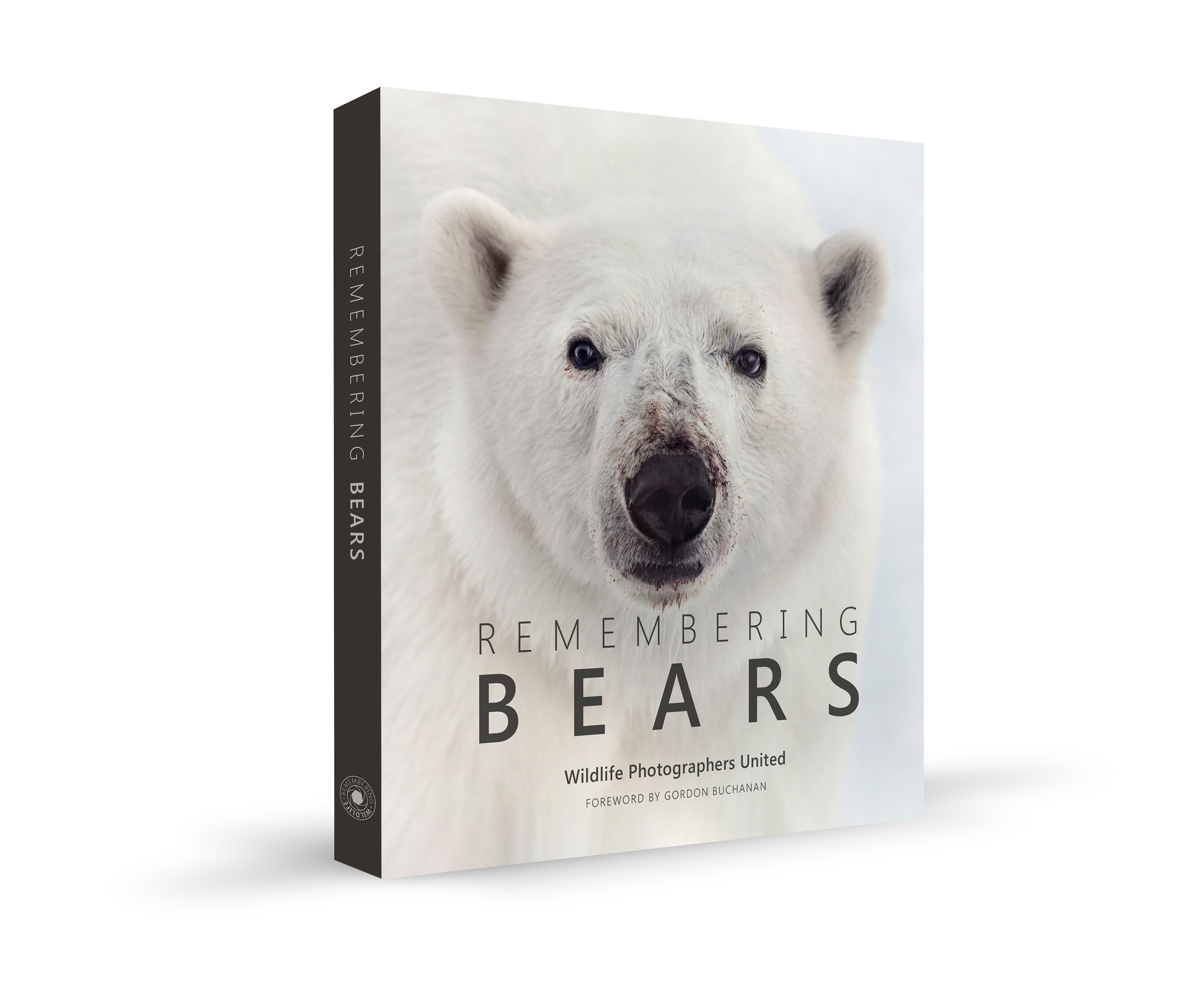
Remembering Bears by Wildlife Photographers United, with a foreword by Gordon Buchanan MBE, is on sale now (ISBN 978-1-9996433-6-2), priced £45/$65. Order your copy here
Read more
Best camera for wildlife photography
Best lenses for bird and wildlife photography
The best photo printing online
Digital Camera is the world’s favorite photography magazine and is packed with the latest news, reviews, tutorials, expert buying advice, tips and inspiring images. Plus, every issue comes with a selection of bonus gifts of interest to photographers of all abilities.
Subscribe now and get a £10 M&S voucher!

Niall is the editor of Digital Camera Magazine, and has been shooting on interchangeable lens cameras for over 20 years, and on various point-and-shoot models for years before that.
Working alongside professional photographers for many years as a jobbing journalist gave Niall the curiosity to also start working on the other side of the lens. These days his favored shooting subjects include wildlife, travel and street photography, and he also enjoys dabbling with studio still life.
On the site you will see him writing photographer profiles, asking questions for Q&As and interviews, reporting on the latest and most noteworthy photography competitions, and sharing his knowledge on website building.
